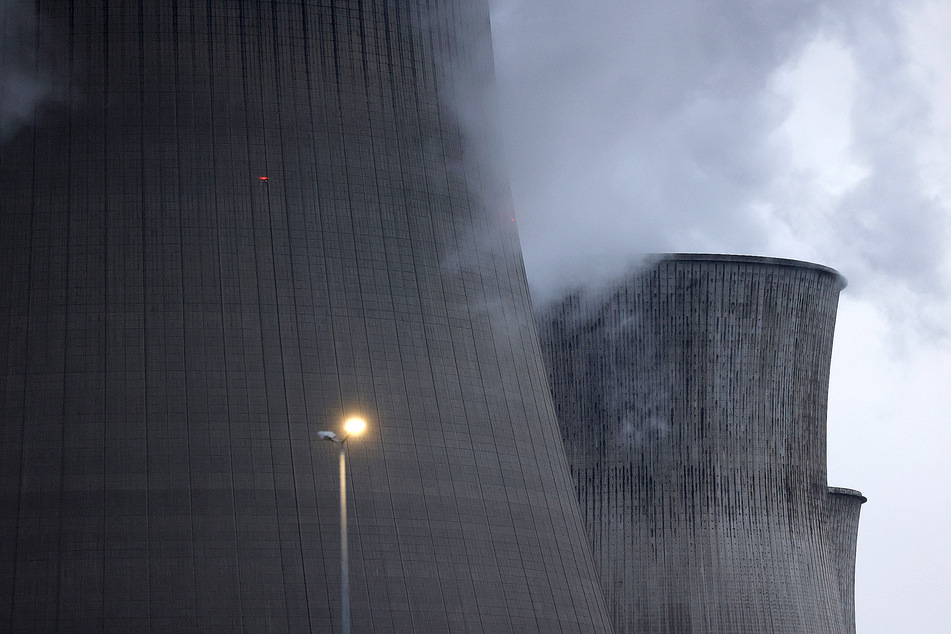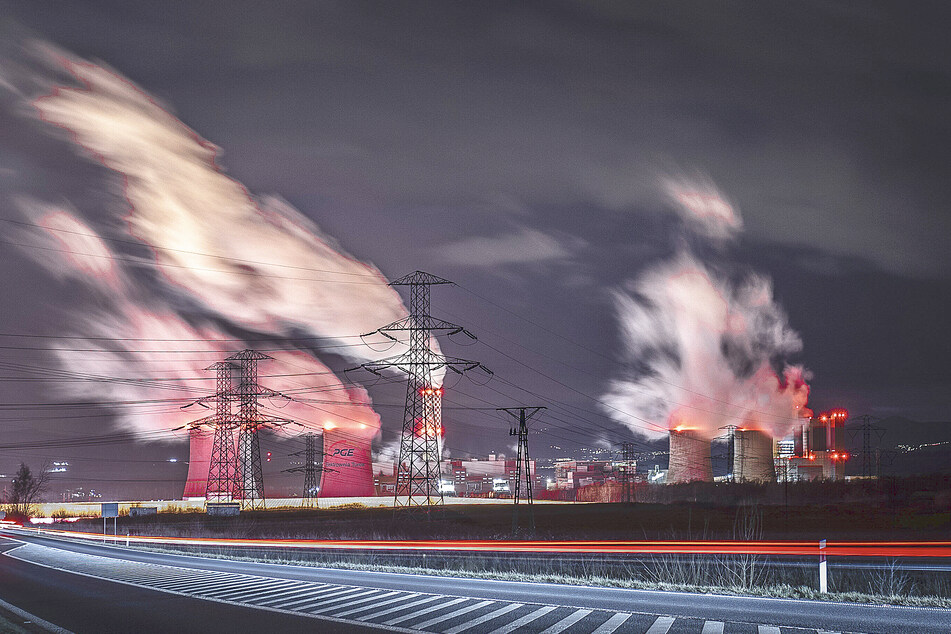"Backs to the wall": Upcoming UN climate report likely to be grim
Geneva, Switzerland - New insights about climate change by the Intergovernmental Panel on Climate Change (IPCC) are likely to be gloomy, according to observers, as deliberations began on the latest assessment on Monday.

The IPCC is preparing to release its next assessment at the end of the month, dealing with the consequences of climate change for nature, humans and the environment, alongside ways people can adapt.
"In many parts of the world, people and ecosystems already have their backs to the wall. And even on our own doorstep, droughts in summer, flash floods, forest fires, heat waves and flood disasters have made the climate crisis more tangible than ever before," World Wide Fund for Nature (WWF) climate protection expert Viviane Raddatz said in Berlin.
Without a faster change to renewable energy sources, the world faces "devastating climate chaos" and ever more severe extreme weather events.
Raddatz called for Germany to encourage the international community to make the climate a priority during its presidency of the Group of Seven (G7) nations.
Josef Settele, biodiversity expert at the Helmholtz Center for Environmental Research and one of the report's many co-authors, said that changing food consumption and saving more water are important ways to keep the world liveable despite climate change.
With the outlook discouraging, one scientist warned of the potential harm that catastrophic warnings can have on young people.
Petteri Talaas, secretary general of the World Meteorological Organization (WMO), called for care in the way research is discussed, saying younger generations were struggling with apocalyptic fears that present a mental health challenge.
"We also have to be a little bit careful how we communicate the results of our science, tipping points and whether we talk about collapsing of the biosphere and the disappearance of mankind," he said.
"We have to be careful not to cause too much fear among young people."
Careful communication is key

The report is also expected to address the impact of the climate crisis on people's mental health.
It is due to be published on February 28 and is the second of four reports in the IPCC's latest assessment cycle. The first was released last August and was an analysis of the stacks of climate studies since the last major evaluation over seven years ago.
It called changes to the climate "unprecedented" and projected that rapid emissions cuts were required, or the world would soon blow past the Paris Agreement's warming threshold.
Globally, the average surface temperature is about 1.2 degrees Celsius above pre-industrial levels and barreling towards the 1.5-degree threshold scientists say humans must stay at or below to avoid the most catastrophic effects of climate change.
Scientists are united in the understanding that humans are responsible for climate change, through the burning of fossil fuels, intensive farming, deforestation, livestock breeding, and pollution.
The Geneva-based IPCC is a UN body, so its publications are approved in advance by governments. The expert panel does not conduct its own research, but sifts through studies published over the years, in this case more than 34,000.
Cover photo: IMAGO / Future Image